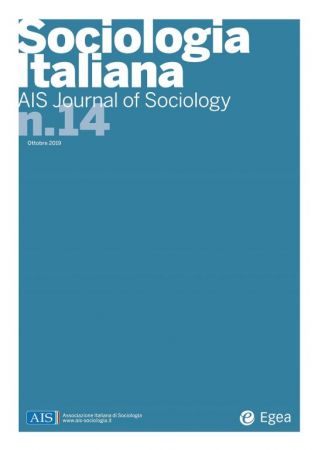AIS
2019/14
Che genere di partecipazione? Giovani donne e giovani uomini a confronto (Gender and participation: comparing young women and young men), di A. Caputo, C. Felaco, S. Monaco
Il progressivo allontanamento dei giovani dalla politica è testimoniato dalla loro difficoltà di partecipare socialmente e politicamente, secondo canali standardizzati. Ciò non si traduce in disimpegno, ma nella ricerca di nuovi repertori di azione e nuovi spazi di confronto portando a una generale riformulazione dei rapporti tra identità politiche individuali e appartenenze collettive. L’articolo presenta i risultati di una ricerca mixed methods , tesa a individuare l’effettiva e possibile distanza tra forme di partecipazione politica tradizionale e nuove forme di politica partecipativa non convenzionale dei giovani partenopei, privilegiando la dimensione di genere.
By rejecting standardized channels for social and political participation, young people are becoming increasingly distanced from the world of politics. This does not imply that they are disengaged from the issues at stake, but rather entails a search for new repertoires of action and new spaces of engagement, leading to a general reformulation of the relationship between individual political identities and collective belonging. The paper presents the results of a mixed methods research project which set out to identify the real and potential gap between traditional forms of political participation and new, unconventional forms of participatory politics embraced by young Neapolitans, privileging the gender dimension.
Keywords: Partecipazione politica, Identità politica, Genere, Mixed methods, Napoli, Political participation, Political identity, Gender, Naples
DOI: 10.1485/AIS_2019/14_3443582
Pagine 135-148
L'ACCESSO A QUESTO CONTENUTO E' RISERVATO AGLI UTENTI ABBONATI
Sei abbonato? Esegui l'accesso oppure abbonati.
